Wound Treatment Options
Effective wound healing depends on managing moisture, preventing infection, and protecting the wound bed. Vitality Medical offers products for each healing phase, from routine dressings to advanced wound therapies.
Available Product Lines
Bandages: Secure dressings and reduce swelling. Used for minor injuries or compression.
Gauze: Absorbs drainage and shields the wound. Works as a primary or secondary dressing.
Medical Tape: Holds dressings in place, even on joints or fragile skin.
Non-Adherent Dressings: Prevent sticking and ease removal.
Skin Prep: Prepares and protects skin with cleansers and adhesive removers.
Advanced Wound Healing Products
Alginate: Absorbs heavy exudate for moisture control.
Foam: Cushions and manages moderate to heavy drainage.
Hydrocolloid: Seals out bacteria while maintaining a moist environment.
Hydrogel: Adds moisture to dry or necrotic tissue.
Collagen: Stimulates new tissue growth in chronic wounds.
Irrigation: Flushes debris and reduces bacterial load.
Specialized Wound Protection
Antimicrobial Dressings: Deliver silver or iodine to reduce bacteria.
Transparent Films: Allow visibility while protecting low-exudate wounds.
Sacral Dressings: Shaped for the tailbone to prevent pressure ulcers.
Negative Pressure Systems: Promote healing in deep wounds by removing fluid and increasing circulation.
How To Choose the Right Dressing
- Dry wounds: Hydrogels restore moisture.
- Moderate drainage: Foams maintain balance.
- Heavy drainage: Alginates absorb and protect.
- Infected wounds: Antimicrobial dressings control bacteria.
- Deep wounds: NPWT improves fluid removal and healing.
Explore wound care supplies at Vitality Medical for home or professional use. Find products tailored to wound type, drainage level, and healing stage.
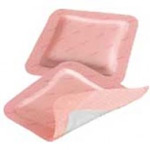
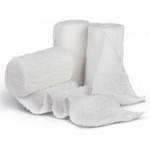
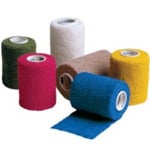
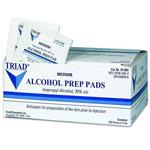
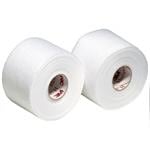
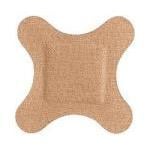

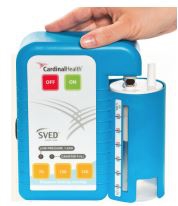
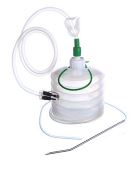





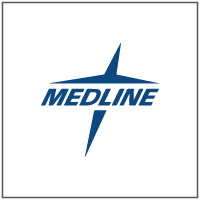
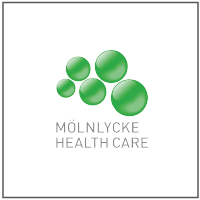

Login and Registration Form